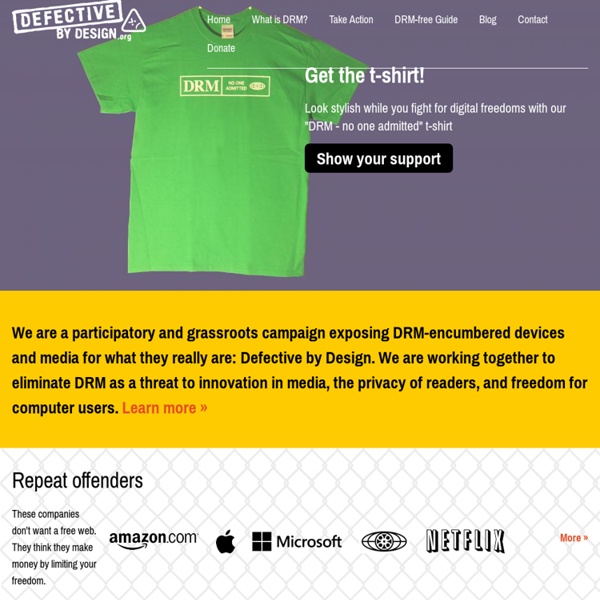



Recording Industry Association of America The Recording Industry Association of America (RIAA) is a trade organization that represents the recording industry in the United States. Its members consist of record labels and distributors, which the RIAA says "create, manufacture and/or distribute approximately 85% of all legally sold recorded music in the United States."[1] The RIAA headquarters is in Washington, D.C.[2][3] The RIAA was formed in 1952.[4] Its original mission was to administer recording copyright fees and problems, work with trade unions, and do research relating to the record industry and government regulations.[5] Early RIAA standards included the RIAA equalization curve,[6] the format of the stereophonic record groove and the dimensions of 33 1/3 rpm, 45 rpm, and 78 rpm records.[7] The RIAA says its current mission includes the following:[1] Since 2001, the RIAA has spent upwards of $2 to $6 million each year on lobbying in the United States alone.[8] Company structure and sales[edit] Sales certification[edit]
Recording Industry vs The People In Capitol v. Foster, Judge Lee R. West has reaffirmed his decision that Ms. Foster is entitled to be reimbursed by the RIAA plaintiffs for her attorneys fees, rejecting the RIAA's Motion for "Reconsideration".Judge West emphasized the Supreme Court's holding in Fogerty that [b]ecause copyright law ultimately serves the purpose of enriching the general public through access to creative works, it is peculiarly important that the boundaries of copyright law be demarcated as clearly as possible. Thus, a defendant seeking to advance meritorious copyright defenses should be encouraged to litigate them to the same extent that plaintiffs are encouraged to litigate meritorious infringement claims. Judge West, in reviewing the rationale for his decision, noted that While the Court stopped short of finding the plaintiffs' secondary copyright infringement claims frivolous or objectively unreasonable, it did find that such claims were "untested and marginal." He further held that Ms.
Huh? YouTube Sends TechCrunch A Cease & Desist Buried in my email this evening I found a cease and desist letter from an attorney at Wilson Sonsini Goodrich & Rosati, representing their client YouTube. We’ve been accused of a number of things: violating YouTube’s Terms of Use, of “tortious interference of a business relationship, and in fact, many business relationships,” of committing an “unfair business practice,” and “false advertising.” The attorney goes on to demand that we cease and desist in from engaging in these various actions or face legal remedies. Well, crap. The offense we committed was creating a small tool that lets people download YouTube videos to their hard drives. We created the tool only after a careful review of YouTube’s Terms of Use, which state “If you download or print a copy of the Content for personal use, you must retain all copyright and other proprietary notices contained therein.” Cease and Desist letters are often sent with no intention of follow up legal action, even if they are ignored.